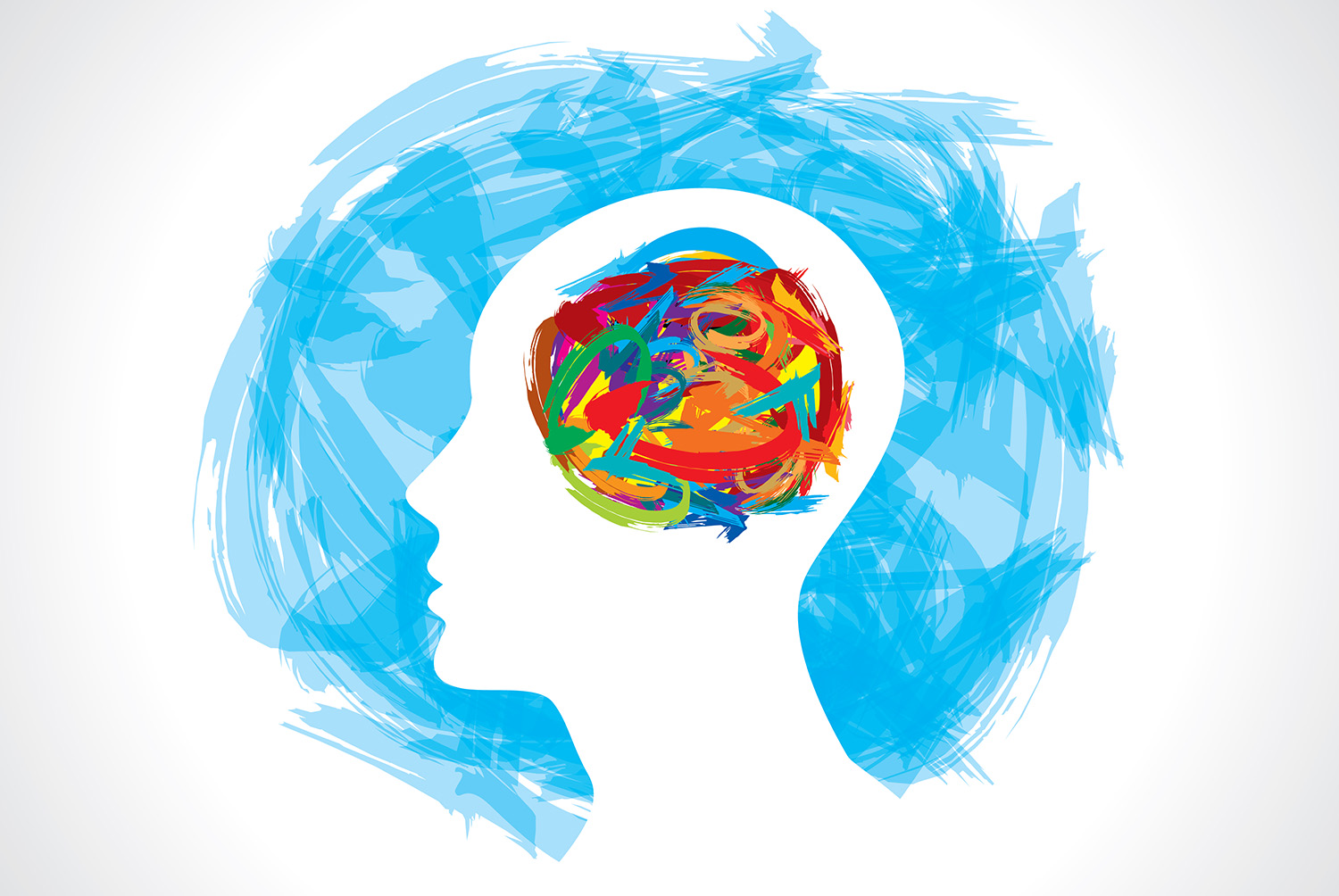Mental Health Day Should Be Everyday In India
MANISHA SHASTRI

Every year, 10th October is observed as World Mental Health Day, with the overall objective of raising awareness of mental health issues around the world and mobilizing efforts in support of mental health.
The Day provides an opportunity for all stakeholders working on mental health issues to talk about their work, and what more needs to be done to make mental health care a reality for people worldwide.
Each year the World Health Organisation (WHO), sets a theme for the day, this year’s being ‘Mental Health in the Workspace’. Mental health is an important issue to address in workspaces, but in the Indian context, we need to first start talking about and acknowledging issues of mental health within our families, homes and communities, before we can move into work and other public spaces.
Mental Illness in India is deeply misunderstood and often goes untreated, for several reasons such as stigma, stereotypes, discrimination, lack of access to mental health care, and poor mental health facilities and infrastructure.
A National Mental Health Survey undertaken by the National Institute of Mental Health and Neurosciences (NIMHANS) found that 13.7 per cent of India’s general population suffers from various mental disorders, of which 10.6 percent require immediate intervention.
These numbers may however vary, since the study conducted by NIMHANS had only a small sample size. According to the WHO, India is expected to have the largest population suffering from depression and anxiety by 2020, yet the only time mental health issues are spoken of and addressed in the country are close to World Mental Health Day or when a celebrity comes out with their struggle or commits suicide.
The study also found that nearly 80 per cent of those in need of treatment do not seek any sort of help or support fearing social stigma and prejudice. The two other challenges preventing individuals from seeking help are that of accessibility and affordability.
It is estimated that the number of psychiatrists in the country is one for every 200,000 – 300,000 individuals and that a single visit to the psychiatrist or the therapist costs an individual anywhere between 500 – 1000 rupees, an amount that most cannot afford to spend on a monthly or weekly basis, plus other expenses such as travel, medication, tests, accommodation, etc. – making it impossible for certain sections of society to afford mental health care.
The reason for emphasising focused interventions towards individuals and communities in rural and remote areas arises from the fact that their vulnerable and marginalised positions – socially, politically, economically, geographically and culturally – in society put them at a higher risk of developing a mental illness; specially women and children since they are more susceptible and vulnerable to several forms of violence and abuse.
There are many groups, individuals and organisations working towards creating mental health awareness in cities, however, groups, individuals and organisations working on the ground with persons with mental illness and their community, in rural settings are kept away and sidelined by mainstream psychiatrists, therapists, psychology students and academics in debates and discussions on required mental health strategies and interventions. Despite their involvement at the ground and understanding of ground realities, they are left out of consultative and participatory processes for policy and decision making.
Stigma and stereotypes around mental illness have played such a fierce role in moulding the conversation around mental health in the country, that even though we are seeing an ongoing mental health crisis in the country, it is going unnoticed. The manifestations of this growing crisis can be seen in instances of farmer suicides, suicides by school going children and youth, deaths due to the Blue Whale Challenge and individuals such a Partha De in Bengal who spent years living with the skeletons of his family members before they were discovered.
Existing infrastructure and support systems for people with mental illness and their families are insufficient and inefficient. For those with mental illnesses who do not have family or have been abandoned, it is even worse. They have to spend years languishing in government run institution, where they experience gross human rights violations every day, aren’t provided with basic necessities or rehabilitation.
In the Indian context, Mental Health cannot be a conversation that is had once in a while; it is a conversation that needs to be had every day and in every possible space. The Mental Healthcare Act, 2017, was hailed by many and some of its provisions no doubt are progressive. However, its effective implementation is doubtful until the lacunae caused by the absence of any concrete data about prevalence and instances of Mental Illness in the country are filled.
The failure of the existing approach towards mental illness and people with mental illness requires thorough and nuanced examination, in order to develop a nuanced approach, which looks at individuals with mental illness as individuals and not just a label. The conversation needs to be led by persons with mental illness, their family members, communities, care – givers and those working with them on the ground, rather than the present top to bottom approach which is devoid of ground and subjective realities.
What is truly the need of the hour, as pointed out by Jhilmil Breckenridge –survivor, mental health activist, poet and founder of Bhor Foundation – is to change ‘the narrative around mental illness outside of the biomedical approach, to educate and provide more awareness and alternatives, so that a person is treated as an individual and not a label.’
To conclude, in Jhilmil’s words ‘today, I will not speak of Erwadi incident where 28 inmates who were chained to their beds were charred to death in a fire, in 2001. I will not speak of the countless violations that continue to this day, under the guise of well meaning doctors or familial caregivers. I dream of an India, where every day is Mental Health Day.’



